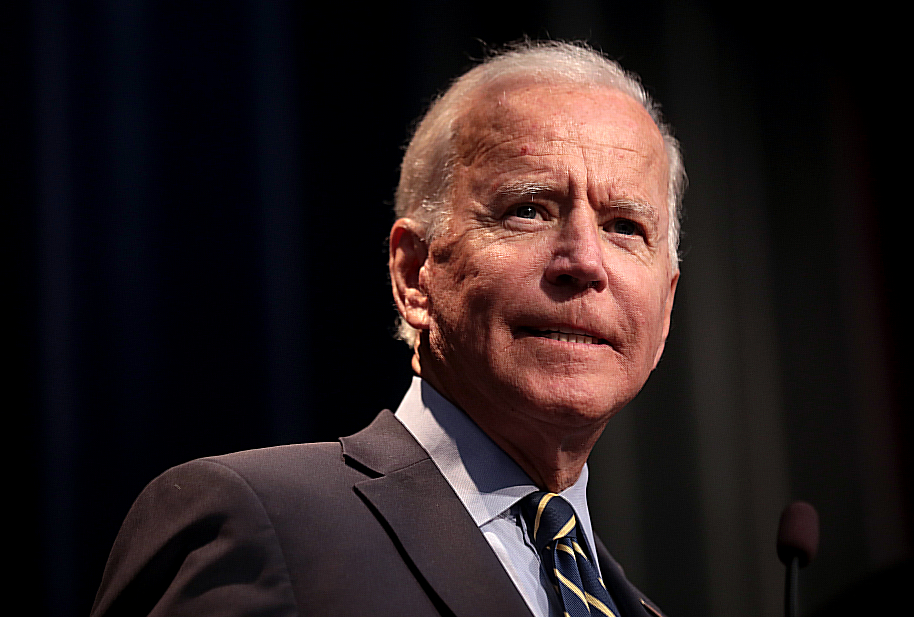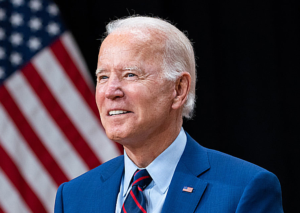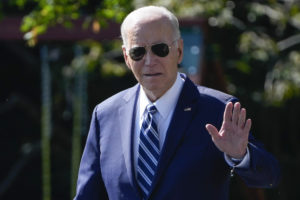
TLDR: President Joe Biden took office as the 46th President of the United States on January 20, 2021. After defeating incumbent President Trump in the 2020 election, Biden was inaugurated alongside Vice President Kamala Harris. In his inaugural address, President Biden pledged to unify the nation and address various pressing issues facing the country. This marked the official transition of power from the Trump administration to the Biden-Harris administration.
In the fast-paced world of politics, it’s crucial to have a clear understanding of significant events, such as the inauguration of a new president. Joseph R. Biden Jr.’s presidency, marked by its distinctive challenges and goals, commenced with an inauguration that carried profound historical weight. So, when did Biden take office? Let’s embark on a journey through time to unravel this pivotal moment in American politics.
Inauguration Day: A Symbol of Transition
In the United States, Inauguration Day represents the official transfer of power from one president to another. It is a symbolic and constitutional event that has occurred on January 20th since the passage of the Twentieth Amendment in 1933. This date ensures a smooth transition of leadership, allowing the incoming president to assume office without delay.



The Historic Inauguration of Joe Biden
Joseph R. Biden Jr.’s inauguration took place on January 20, 2021. This momentous event marked the beginning of his four-year term as the 46th President of the United States. The inauguration ceremony, held at the United States Capitol in Washington, D.C., was a culmination of months of campaigning, debates, and the eventual victory in the 2020 presidential election.
A Unique Inauguration Amidst Challenges
Biden’s inauguration differed significantly from those of his predecessors due to the ongoing COVID-19 pandemic and heightened security concerns following the storming of the Capitol on January 6, 2021. The inauguration was marked by a scaled-down physical presence, with many events and celebrations conducted virtually to mitigate health risks.
The Oath of Office: A Solemn Pledge
During the inauguration, President Biden recited the oath of office, a solemn pledge required by the Constitution. The oath, administered by Chief Justice John G. Roberts Jr., signifies the president’s commitment to uphold the Constitution and faithfully execute the duties of the office.
Unity and Hope: Key Themes
President Biden’s inaugural address emphasized the themes of unity, healing, and hope. He called upon Americans to come together, transcending political divisions and working collectively to address the nation’s challenges, including the ongoing pandemic, economic recovery, and social justice issues.
The Journey Ahead
As we reflect on the question, “When did Biden take office?” it’s important to recognize that his presidency is still unfolding. With a myriad of domestic and international issues to address, President Biden’s journey in the Oval Office continues to shape the political landscape. The date of his inauguration serves as a pivotal point in this journey, marking the beginning of his tenure and the pursuit of his administration’s agenda.
Navigating the Political Horizon
In the dynamic realm of politics, understanding key milestones like presidential inaugurations is essential for staying informed and engaged. The inauguration of President Joe Biden on January 20, 2021, was a historic moment that signified the peaceful transition of power, setting the stage for the next chapter in American governance. As the nation continues to grapple with evolving challenges, it’s crucial to remain vigilant and informed about the events that shape our political landscape.
President Joe Biden’s political journey has been marked by dedication, service, and a commitment to the values he holds dear. From his early years in the Senate to his current role as President, his path in politics has been both impactful and enduring.



Early Career and Senate Service
Joe Biden’s political career began in 1972 when he was elected as the Senator from Delaware. He served in the Senate for an impressive 36 years, establishing himself as a respected figure in the world of American politics. During his time in the Senate, he chaired several influential committees and played a significant role in shaping various legislations.
Vice President Biden
In 2008, Joe Biden took on the role of Vice President under President Barack Obama. His eight years as Vice President solidified his position as a seasoned statesman with valuable experience in foreign policy and domestic affairs. His partnership with President Obama was marked by their close working relationship and shared vision for the country.
Biden’s Presidential Campaign
In 2020, Joe Biden embarked on his presidential campaign as the Democratic nominee. He ran a campaign centered on unity, healing, and restoring American values. During the campaign, he pledged to address key issues facing the nation, from healthcare to climate change.
Joe Biden Sworn In as President
On January 20, 2021, Joe Biden was sworn in as the 46th President of the United States. His inaugural ceremony was a moment of significance, not only for him and his family, including First Lady Jill Biden, but also for the American people. He succeeded former President Donald Trump, and his presidency marked a new chapter in American politics.
Vice President Harris
Vice President Kamala Harris, the Vice President-elect at the time, was sworn in alongside President Biden, making history as the first female, first Black, and first Asian-American Vice President of the United States. Their joint administration symbolized a commitment to diversity and inclusion.
Biden’s Pledge
In his inaugural address, President Biden pledged to unite the nation and work tirelessly to address the pressing challenges, including the COVID-19 pandemic and its economic aftermath. He emphasized the importance of coming together as a nation to overcome these obstacles.
Senate Confirmation
Many of President Biden’s key cabinet nominees and officials underwent Senate confirmation, a crucial step in forming his administration and implementing his policy agenda. This process reflects the democratic principles at the core of American governance.
Continuing Legacy
As President, Joe Biden joins the ranks of former Presidents, including his work alongside President Obama and his predecessor, President Trump. His leadership and the policies he implements will shape the nation’s trajectory, and his enduring commitment to public service remains a cornerstone of his career.
Joe Biden’s journey in politics has been marked by a deep sense of duty, a commitment to public service, and a belief in the power of unity. As he leads the country forward, his legacy continues to evolve, leaving an indelible mark on the political landscape.






